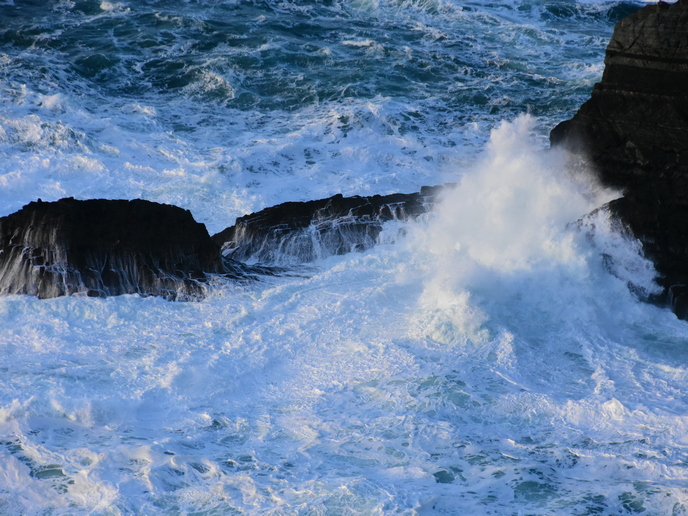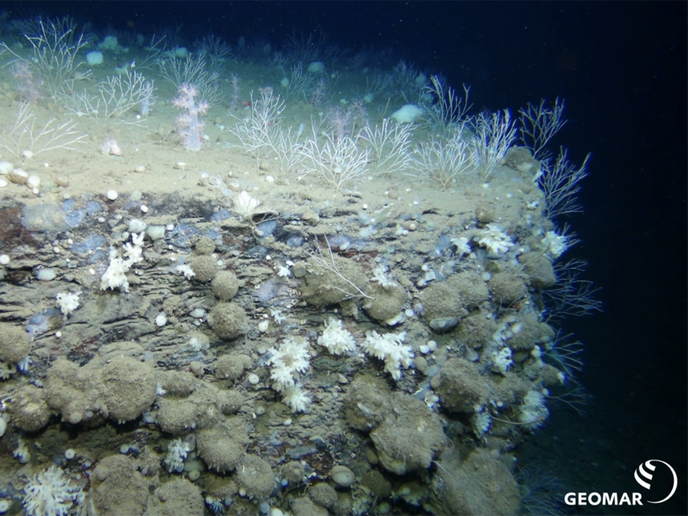Research project urges immediate action to save oceans
Ocean warming, deoxygenation and acidification are consequences of human activities, primarily from the release of greenhouse gases into the atmosphere. This triple threat leads to changes in the ocean that are happening fast and abruptly. According to the EU-funded project COMFORT, the time to act is now. The project gathered experts from Earth system science, oceanography, fisheries science and ecology to study these threats’ “tipping points”, which are critical thresholds that, when exceeded, can lead to significant and often irreversible changes in the marine ecosystems. COMFORT took an integrative approach to analyse factors contributing to the thresholds in parallel. “We looked at a suite of different targets, including limits to warming, ocean acidification, biological organic carbon production and oxygen content,” describes Christoph Heinze, COMFORT project coordinator. “Common to all metrics is that reducing greenhouse gas emissions and limiting reactive nitrogen input to the ocean upfront is better, more economical, and induces less environmental stress than fixing issues through geoengineering at a later stage.”
Alarming findings
Coordinated by the University of Bergen, the project had alarming findings. Some thresholds have already been crossed and others are likely to be passed soon. Some regions of the North Atlantic have already crossed tipping points resulting in regime shifts, namely sudden ecosystem changes. They are a consequence of factors such as overfishing, climate change and pollution. “Climate change in combination with overfishing can trigger sudden changes in fish stocks. Some marine provinces that are characterised by certain environmental conditions and ecosystems are on the verge of vanishing,” says Heinze. The ocean absorbs about 25 % of the annual emissions of anthropogenic CO2, reducing the impacts of climate change on the planet. However, it becomes more acidic the more it absorbs CO2, bringing harmful consequences to many marine organisms. The ocean has also absorbed more than 90 % of the extra heat from global warming since 1970. Increased temperatures and nutrient pollution also reduce the ocean’s oxygen. The triple threat is already becoming reality in all European seas. In the Arctic Ocean, the acidification progresses 10 times faster and the warming advances two times faster than the rest of the globe. “The sum of increasing regional non-linear changes, that is, the results of crossing certain thresholds, and regime shifts in the ocean are likely to happen with high probability and aggregate to a problem of global dimension,” warns Heinze.
Mitigation strategies
Through statistical methods, COMFORT produced several model outputs for historical and future scenarios. The team also gathered in situ observations, resulting in valuable ocean hydrography, biogeochemistry and biological data. The project suggested a series of mitigation strategies for policymakers and was an important contributor to the Sixth Assessment Report of the Intergovernmental Panel on Climate Change. “We recommend urgent implementation of a drastic reduction of greenhouse gas emissions, which are the primary cause of global warming and ocean acidification, to avoid further stability loss of major Earth system tipping elements and long-lasting changes in ocean properties,” states Heinze. He also highlights the need for appropriate global resource management to achieve greenhouse gas emission reductions in line with the Paris Agreement. Furthermore, societies must engage in green energy production, as well as sustainable food production on land and in the ocean.
Keywords
COMFORT, ocean, greenhouse gas, climate change, marine ecosystem, tipping points, oceanography, environmental stress







